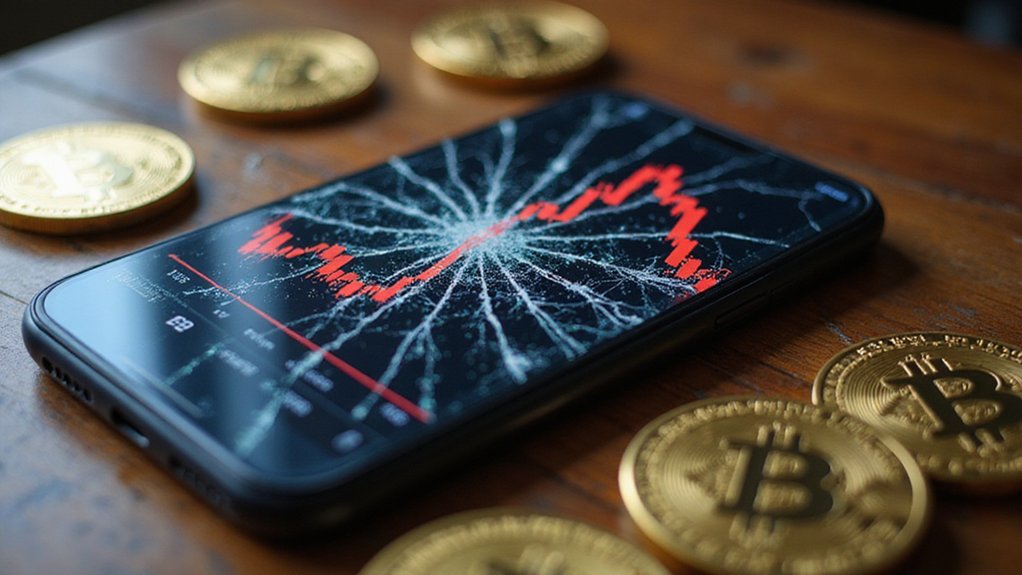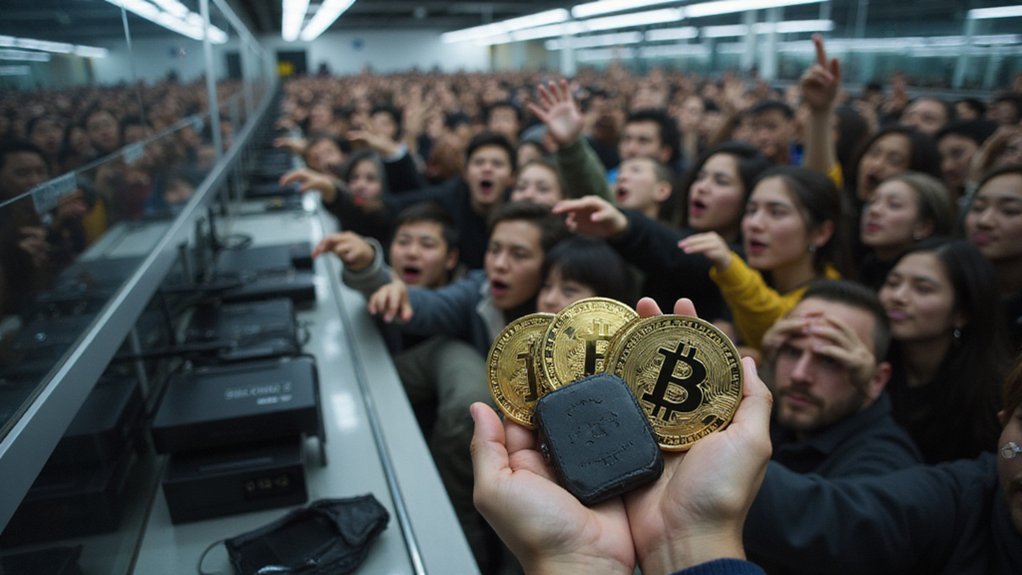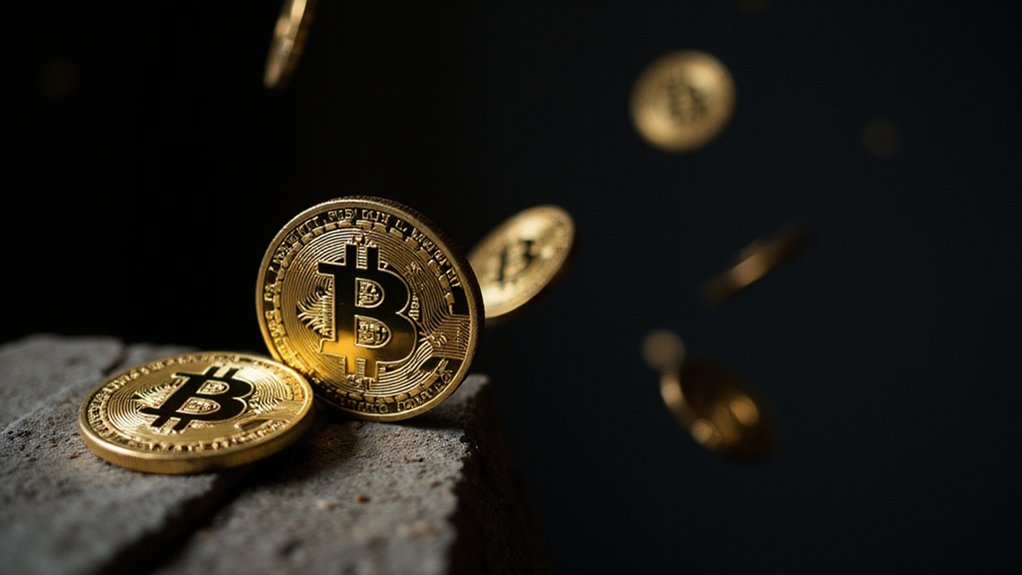When the traditional banking system becomes a political battlefield, even the most established business dynasties find themselves scrambling for alternative financial lifelines—a reality Eric Trump discovered firsthand after hundreds of Trump Organization accounts vanished overnight following January 6th, 2021.
The mass closures, executed without explanation by major financial institutions, forced the organization into operational chaos, relegating them to smaller regional banks while they pursued legal action against Capital One for allegedly politically motivated discrimination. Eric Trump characterized these moves as weaponization of the financial system—a rather dramatic term that, given the circumstances, carries uncomfortable plausibility.
This banking exodus catalyzed what can only be described as the Trump family‘s wholesale embrace of cryptocurrency as both hedge and statement. Eric Trump now evangelizes digital assets with the fervor of a recent convert, positioning crypto adoption as essential armor against what he perceives as systematic political bias within traditional banking.
The irony isn’t lost: a family synonymous with Manhattan real estate now champions decentralized finance as the antidote to legacy financial infrastructure. While overseeing 25 Trump Organization property ventures including golf courses and hotels, Eric Trump has simultaneously built this cryptocurrency empire as a parallel business strategy.
Their crypto portfolio, reportedly worth $2.4 billion, includes Bitcoin holdings through subsidiaries and the spectacular $TRUMP memecoin, which briefly achieved a $15 billion market capitalization before inevitable correction. Eric Trump defends memecoins as accessible entry points for retail investors—a democratization argument that sounds almost progressive coming from this particular source.
Beyond speculative tokens, the family promotes asset tokenization as revolutionary financial innovation. Eric Trump envisions fractionalizing Trump Tower through blockchain technology, opening global investment opportunities while circumventing traditional banking constraints. Unlike traditional applications, these blockchain networks distribute control among participants rather than concentrating power within single institutions.
This represents sophisticated thinking about liquidity and accessibility, regardless of one’s political sympathies.
The strategy reflects broader distrust of institutions perceived as politically compromised. Eric Trump predicts traditional banks face extinction within a decade unless they integrate cryptocurrency—perhaps wishful thinking, but the underlying premise about financial system evolution carries merit.
Critics argue this crypto crusade conflates legitimate financial innovation with political grievance, creating ethical complexities around mixing business interests with ideological resistance.
Yet the family’s experience illuminates genuine concerns about financial system politicization that extend beyond partisan boundaries, raising uncomfortable questions about institutional neutrality in an increasingly polarized landscape.








